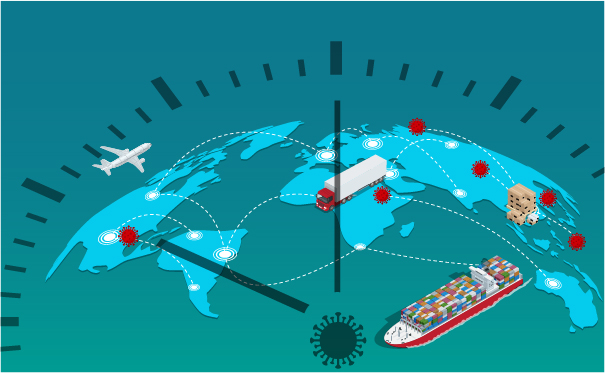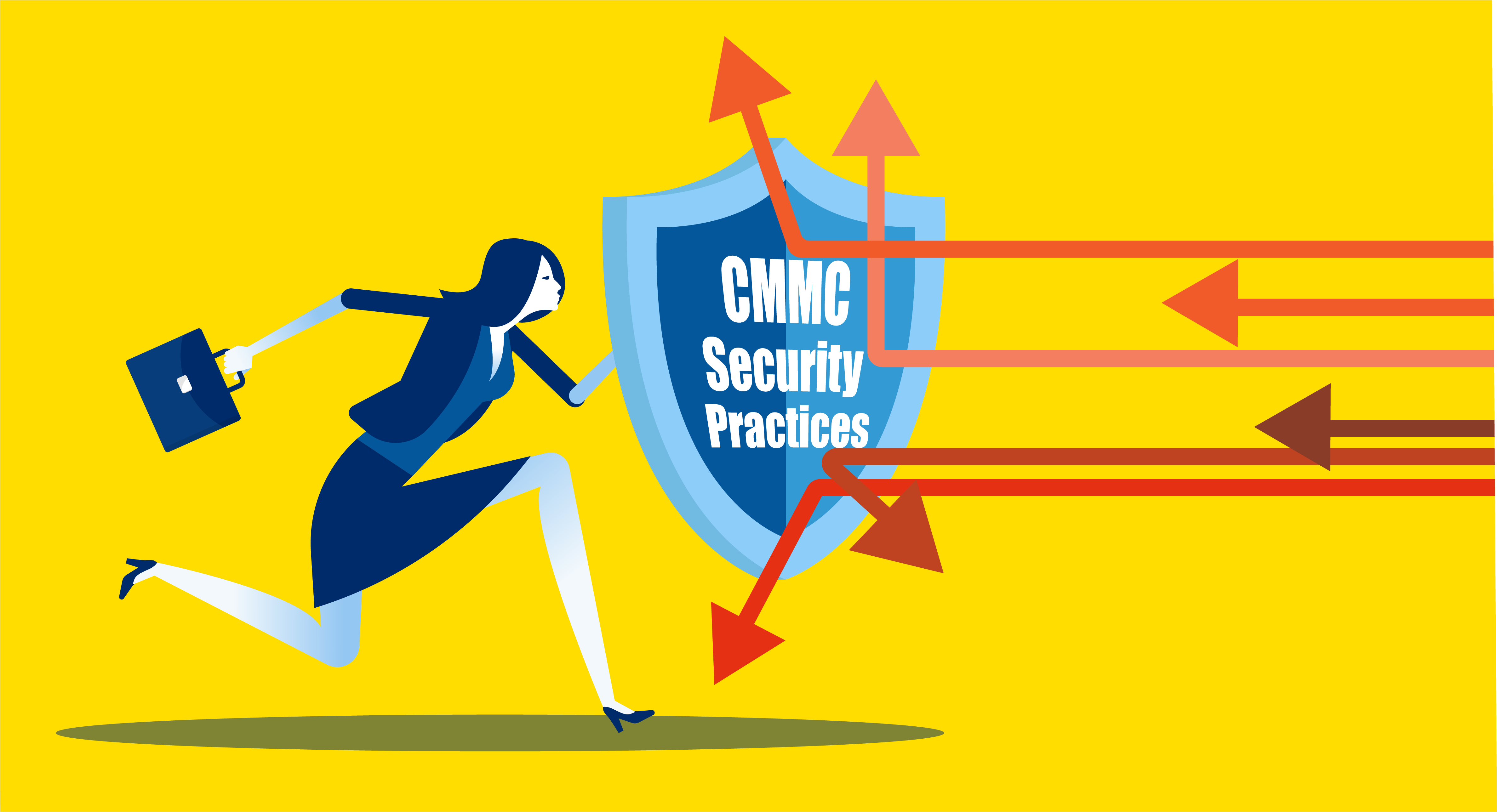Posted on Dec 12, 2022
The International Organization for Standardization does not derive its abbreviated name, ISO, from an acronym alone. Instead, ISO comes from the ancient Greek word ísos, which means equal or equivalent.
And that’s the underlying idea. The goal of the ISO is to provide common standards among countries. A consumer or client can be assured that a product or service that meets ISO certification is safe and of high quality.
A quality management system (QMS) helps your company meet and maintain ISO standards. There’s even an ISO standard for QMS—ISO 9001—which is the most used QMS in the world.
ISO has developed more than twenty-four thousand international standards, and companies in all fields use them. These standards deal with IT and data security, environmental management, health and safety, and many other activities and products. One of the better-known standards, ISO 27001, deals with information security management.
After the standard is achieved, the QMS lives on and evolves to reflect your company’s changes. To achieve the benefits of and maintain the ISO certification, a commitment to “continual improvement” is required. A specific requirement of ISO 9001:2015 is “continual improvement” – this refers not only to a company’s products and services, but also to the QMS. The standard states: “The organization shall continually improve the suitability, adequacy and effectiveness of the Quality Management System. The organization shall consider the results of analysis and evaluation, and the outputs from management review, to determine if there are needs or opportunities that shall be addressed as part of continual improvement.”
At the end of the year, the company must submit a new assessment. Many companies hire a quality manager or assign an employee to assume the duties of quality management, but it can be difficult to evaluate your company objectively from within. Many companies do not have the budget or need a full-time dedicated employee. That’s why it pays to outsource your QMS after ISO 9001 certification to hands-on consultants who works with you throughout the year and can act on your behalf with the auditing body.
Read More »
Posted on Dec 12, 2022
When did the Sunday Scaries, the anxious dread that precedes the beginning of the work week begin for you? The calendar is full, the to-do list is over-populated, and leaders fill multiple roles leading to burnout and negativity. It is no wonder that the modern professional is not excited to jump out of bed on Monday. A single hire could change this for your organization.
With such heavy workloads, energy toward creativity and out-of-the-box thinking is nil. Business leaders need energy that allows traction toward working ON the business, and not just IN it – spinning plates and wearing so many hats. A technology consultant may be the answer to “smarten” your tech to work for you, so you can work on the business you (used) to love.
What Is Technology Consulting?
These days, a Technology Consultant does much more than manage printers, assist with helpdesk repairs, or install networks; after all, technology is woven into every aspect of business. A consultant serves as a sounding board from whom you can ask questions, who will learn about your business, your goals, and how you implement technology. A good Technology Consultant is NOT an IT consultant; they look at a much broader picture, identifying efficiencies in processes, assessing risk, controlling costs, and advising on compliance and liability. Delegating these roles to experts will help you get back to the work you enjoy and may even help profitability.
A study by IBM and the Ponemon Institute found that the use of emerging technologies reduces costs. For example, the adoption of artificial intelligence, security analytics, and encryption saved companies up to $1.49 million compared to those who did not use these tools.
Read More »
Posted on Nov 11, 2021
I admit it- I am spoiled by Amazon. While I purchase locally when I can (Instacart, Grubhub, Doordash, Shipt, and such when I cannot go out in person) I also appreciate being able to procure a hard-to-find item and have it delivered in sometimes only a few hours.
Other industries that compete with Amazon have worked hard in recent years to catch up with the fleet-footed fleet of smiling vans. All companies on the fulfillment- side of the tech supply chain are suffering since the advent of COVID-19, and so are the hope and dreams of all would-be technology buyers. Since the shutdowns of 2020, our clients have seen radical changes to how quickly machines arrive at their offices: what may have taken at most a week to fulfill now can take multiple months to deliver. Ouch.
Large scale organizations with immense buying power are even having trouble obtaining the technology items they need- the bottleneck at manufacturers has yet to move. What is the strategy for small and midsized businesses to procure laptops, docking stations, monitors, and, well, anything with a chip so they can keep working? We have a few thoughts.
Read More »
Posted on Mar 24, 2021
There is a great deal for businesses in the commercial space to glean from the CMMC standards to apply to their organization’s cybersecurity. Securing your data, defending the integrity and infrastructure of your business from cyberattacks and disruption is undeniably one of the most important roles for business leaders. Even if your business is not part of the DIB supply chain as a government contractor, or as a cybersecurity professional, businesspersons have a responsibly to fellow employees, clients, and their country to remain cyber-safe, cyber-secure and cyber-resilient.
Read More »
Posted on Nov 29, 2018
How prepared is your business for an emergency—a power outage, a hurricane, or, heaven forbid, the sudden absence of its CEO? All sorts of scenarios could damage your business if you haven’t proactively planned for them. Here’s what to consider for disaster recovery and business continuity plans.
Read More »












